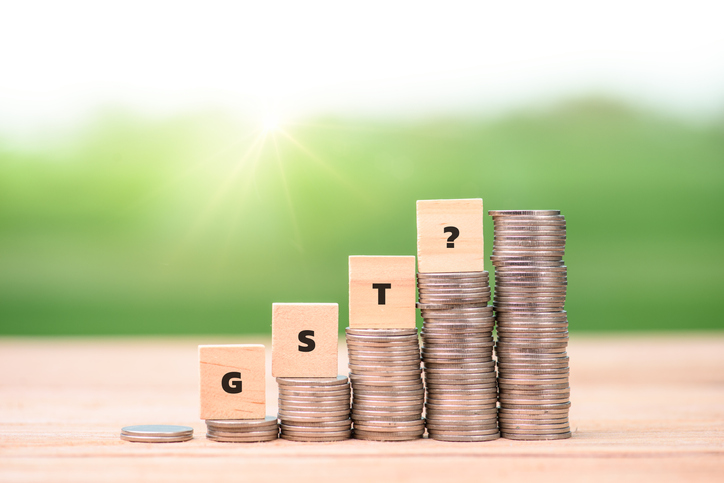What’s GST?
GST also called as Value Added Tax (VAT) or output tax in other countries. The GST levied on the customers for the supply of the goods and services is referred to as Output tax.
GST paid on the consumption of services or product of a local dealer is referred to as input tax.
The conditions for paying output taxes and claiming input taxes:
1. A registered business must submit GST returns on a quarterly basis.
2. A Business owner must report on both output tax and input tax.
3. The difference between output tax and input tax gives the net GST
payable to IRAS.
How IRAS GST matters for a Singapore company?
For instance, if a service charged an amount of S$100 as a bill on a function to customer. In Singapore, the Business Owner must invoice the customer with an amount of S$107 (plus 7% GST on the bill). Every Company in Singapore does not automatically get registered to charge GST per cent on bills. Only Companies that fulfilled specific terms and conditions of IRAS became GST registered companies. These Businesses has right to charge GST.
Are there any compulsions in turning into GST Registered Company?
GST filing is a compulsion when
- the Business turnover is over S$1 million (in the past 12 months) which referred to as Retrospective Basis or
- If the company is making sales and has some reasonable expectations on the Business turnover to exceed more than S$1 million in the next 12 months, which referred to as the Prospective Basis. The filing may include agreements or contracts signed by the Business Owner as well as expected revenue in the next 12 months, i.e., over S$1 million.
When the Business revenue exceeds S$1 million, the Business Owner must submit the GST application to IRAS before 30 days. If the GST registration not done within 30 days, the Business Owner needs to pay penalties.
GST Submissions and GST refunds:
Many Companies calculate GSTs manually and submit them quarterly to IRAS Singapore. The businesses get a minimum of S$15 as Tax Credits to the taxpayers automatically.
But the Companies sometimes make accidental mistakes while filing the GST. So a Business Owner may claim and rectify the error in GST calculation within a stipulated period. Otherwise, this scenario may result in additional penalties.
However, a Business Owner may never miss GST refunds on using Accounting Automation service like Financio ensures to match tax invoices (both input tax and output tax) with right and recurrent accounting periods.
It’s brilliant to deploy accounting automation service to stay out of all the risks and get more tax credits due to the accuracy, regularity in tax payments. For more clarity, let’s look into the lives of two Business Owners, one with the manual calculation of invoices and other with automated accounting software.
Though the Business Owner employed staff for manual accounting and financing, it was often:
❏ Conventional processes
❏ time-consuming,
❏ complexity on doing self-calculations,
❏ became dependent on the team,
❏ more often resulted in errors,
❏ at times paid penalties to IRAS and many others.
But the Business Owner who deployed Financio Accounting Automation Software:
❏ Saved time
❏ Less in-house staff
❏ Automated invoices
❏ Never paid any penalties to IRAS
❏ Secure and error-free calculations,
❏ On-time GST payments to IRAS
❏ More Tax credits
❏ Accuracy in net GST calculation and on-time payment
So, to be on the safer side while charging GST from customer and paying back to IRAS, a Business Owner needs an efficient accounting system. Because it maintains the error-free Financial Hygiene of Company inturn with zero penalties and more productive time, tax credits.






